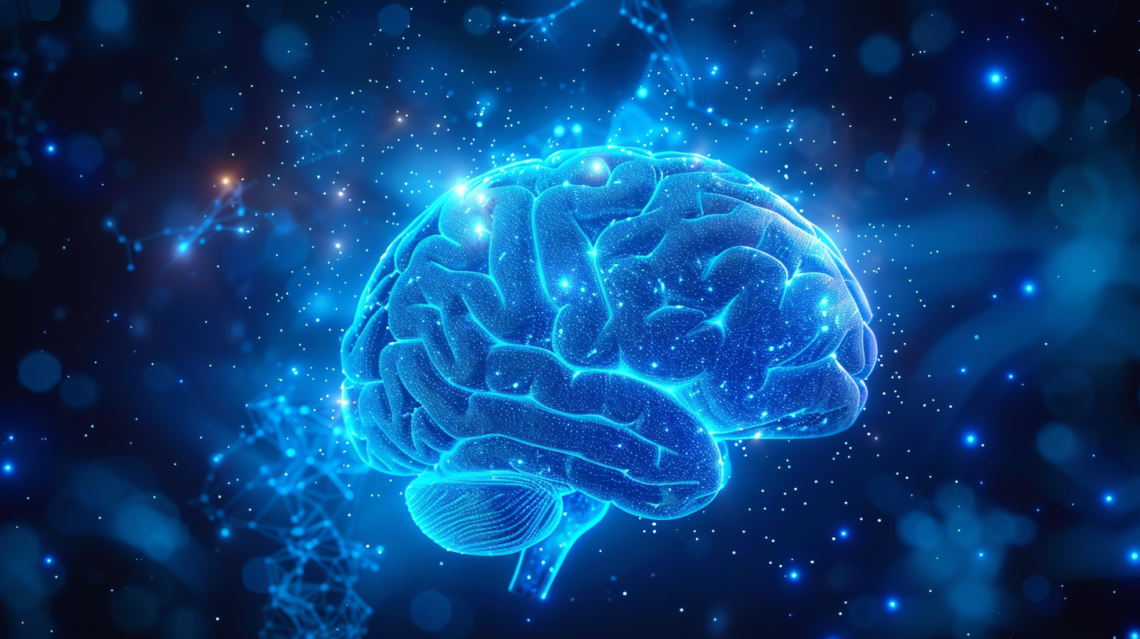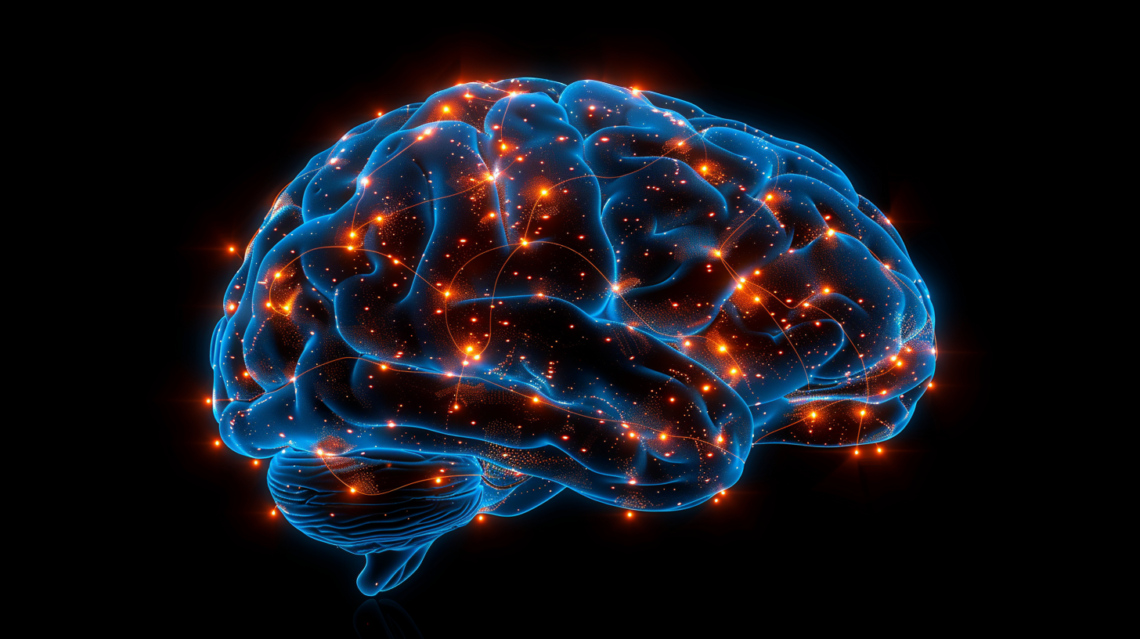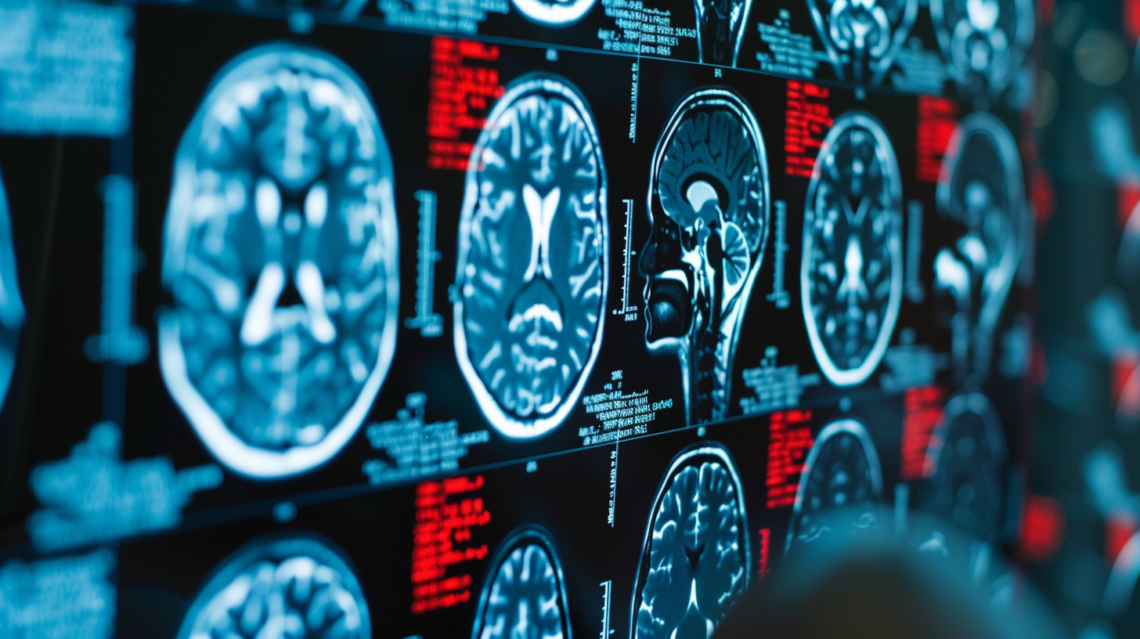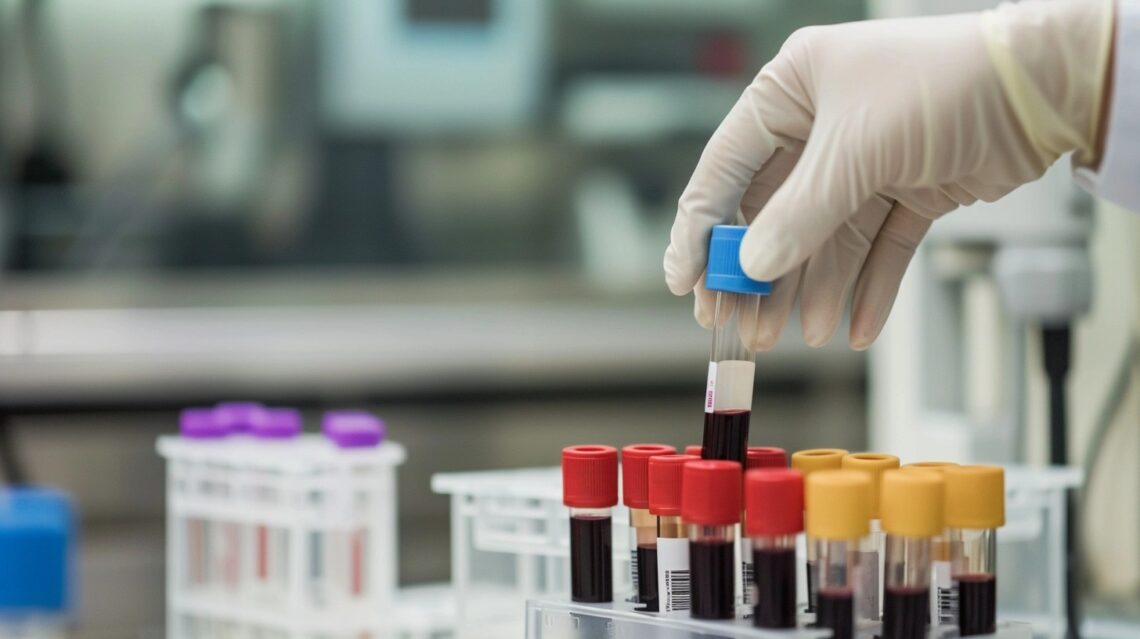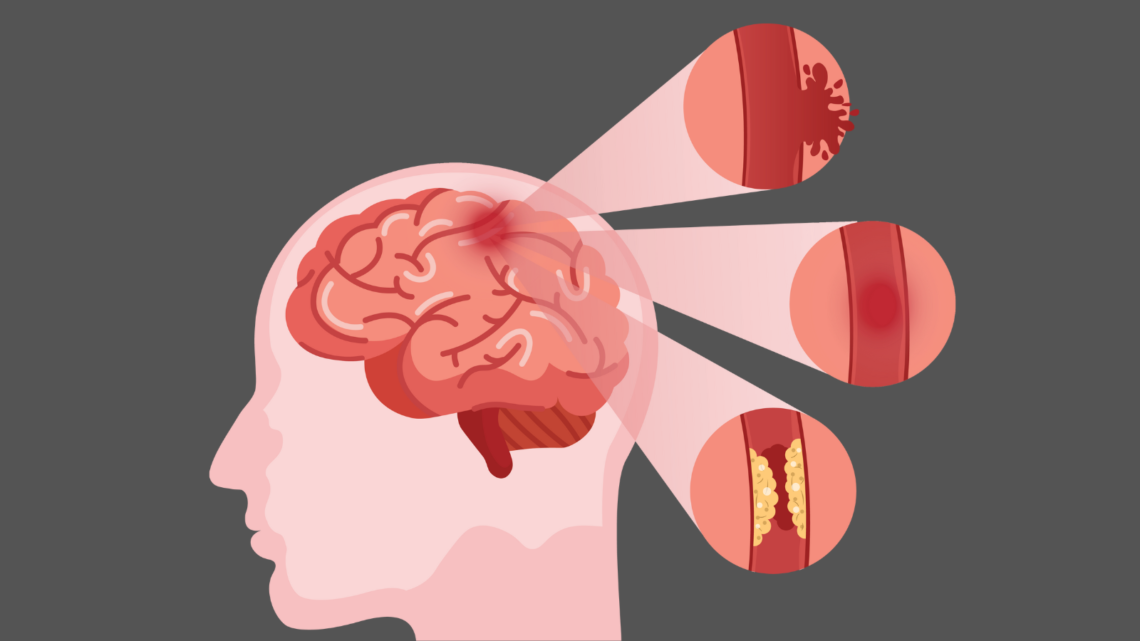Brain Health
-
Brain Health and Stroke Prevention
When we think of personal health and wellness, the emphasis often tends to gravitate towards physical fitness and dietary habits, overshadowing the equally crucial aspect of brain health. This can lead to a lack of awareness and understanding regarding the prevention of neurological conditions, notably strokes, which are amongst the leading causes of disability and mortality worldwide. In this article, we delve into the intricate relationship between lifestyle choices and brain health, with a particular focus on stroke prevention, offering insights grounded in the latest research and recommendations from health professionals. Through a nuanced exploration of this topic, we aim to equip readers with the knowledge necessary to nurture their…
-
Maximizing Brain Health
Taking care of our brain is crucial for maintaining overall health and wellbeing. A healthy brain not only supports cognitive functions such as memory, attention, and problem-solving but also plays a significant role in regulating emotions and behaviour. There are several lifestyle choices and habits that can promote brain health, enhancing its functionality and potentially reducing the risk of cognitive decline as we age. Nutrition: The Foundation of Brain Health A well-balanced diet is fundamental to brain health. Foods rich in antioxidants, healthy fats, vitamins, and minerals provide the brain with the nutrients it needs to function optimally. Omega-3 fatty acids, found in fish like salmon, mackerel, and sardines, are…
-
Concussion Awareness
Concussions are a type of traumatic brain injury that result from a blow to the head or a sudden, violent motion that causes the brain to move within the skull. This movement can lead to temporary loss of normal brain function, affecting cognitive processes, physical abilities, and emotional well-being. Recognizing the signs of a concussion, knowing how to proceed with diagnosis and treatment, and understanding preventive measures are essential for managing this condition effectively. What Part of the Body Concussions Affect Concussions primarily affect the brain, the control center for all bodily functions. The brain is cushioned by cerebrospinal fluid within the skull, but a sudden impact or abrupt movement…
-
Breakthrough Blood Test for Alzheimer’s
In the continuously evolving and ever-expansive landscape of medical diagnostics, particularly in the domain of neurodegenerative diseases, a recent groundbreaking study has emerged, offering a beacon of hope for the early detection and, consequently, more effective management of Alzheimer’s disease. Central to this pivotal research is the innovative utilization of a blood test, specifically designed to detect the presence of a specific protein, known in the medical community as phosphorylated tau or p-tau. This development is not merely an incremental advancement; it represents a potential paradigm shift in our approach to diagnosing Alzheimer’s, promising not just early detection but also heralding a more accessible, cost-effective alternative to the traditional, more…
-
Wellness and the Brain: Combating Stroke Risk
Stroke is a leading cause of disability and death worldwide, and its impact in Canada is equally concerning. Stroke occurs when the blood supply to part of the brain is interrupted or reduced, preventing brain tissue from getting oxygen and nutrients. There are two main types of stroke: ischemic, caused by blocked arteries, and hemorrhagic, caused by leaking or bursting blood vessels. Risk factors for stroke include high blood pressure, high cholesterol, diabetes, and smoking. Adopting a healthy lifestyle is a crucial step in reducing the risk of stroke. This comprehensive article explores the relationship between lifestyle choices and stroke risk, offering practical advice on healthy eating and physical activity.…
-
How Processed Foods Trick Our Brains
In today’s fast-paced society, convenience often trumps nutritional value when it comes to food choices. This shift has led to an increased consumption of processed and unhealthy foods. However, the impact of these foods extends beyond mere nutritional deficiencies; they fundamentally alter our brain’s perception of hunger and satiety, leading to a vicious cycle of cravings and overeating. This article delves into the neurophysiological mechanisms behind this phenomenon, exploring how processed foods can hijack our brain’s reward system and influence our eating behaviours. The Role of the Brain in Eating Behaviour Eating is regulated by a complex interplay between various parts of the brain, hormones, and neurotransmitters. The hypothalamus, a…
-
PVNH Disorder
Periventricular Nodular Heterotopia (PVNH) is a rare neurological disorder that is characterized by the malpositioning of neurons in the brain. “Periventricular” refers to the region around the brain ventricles, and “nodular heterotopia” describes the presence of nodules, or small aggregations of nerve cells, that are out of place. During normal brain development, neurons migrate from their place of origin to their final destination. In PVNH, this migration is disrupted, and neurons form nodules in inappropriate areas, particularly near the ventricles. In most cases, PVNH is due to mutations in the FLNA gene, which encodes a protein crucial for cell movement and structure. This disorder follows an X-linked dominant inheritance pattern.…
-
The Gut-Brain Axis
In the evolving landscape of healthcare, the relationship between our gut health and mental well-being—colloquially known as the “gut-brain axis”—is rapidly garnering attention. Researchers are uncovering a fascinating web of communication between the billions of bacteria residing in our gut (collectively termed the “gut microbiota”) and our brain. This bidirectional relationship suggests that what we eat may profoundly impact not only our physical health, but our mental health as well. Understanding the Gut-Brain Axis In simple terms, the gut-brain axis refers to the complex communication network that exists between the central nervous system (the brain and spinal cord) and the enteric nervous system (the “mini-brain” in our gut). This connection…
-
Traumatic Brain Injuries
Traumatic Brain Injury (TBI) remains a crucial issue affecting millions of people worldwide each year. With an annual incidence rate of approximately 500 out of every 100,000 individuals, this translates into an estimated 165,000 new TBI cases in Canada alone each year. While the scale of the problem is staggering, the impacts and the available treatments for TBI are also areas that warrant extensive exploration. TBI is a complex injury with a broad spectrum of symptoms and disabilities. It often results from a violent blow or jolt to the head or body. An object penetrating the skull, such as a bullet or shattered piece of skull, can also cause TBI.…
-
Brain Tumour Awareness
The human brain, with its intricate networks and innumerable connections, is an organ of staggering complexity. It is the command centre of our bodies, responsible for our thoughts, emotions, memory, and the essential functioning of all other organs. But like all parts of the body, it can also be affected by disease – including brain tumours. Recognizing May as Brain Tumour Awareness Month, this article seeks to raise awareness about this serious health issue, its types, symptoms, treatments, and the importance of research and support for those living with brain tumours. What is a Brain Tumour? A brain tumour is a mass or growth of abnormal cells in the brain.…
